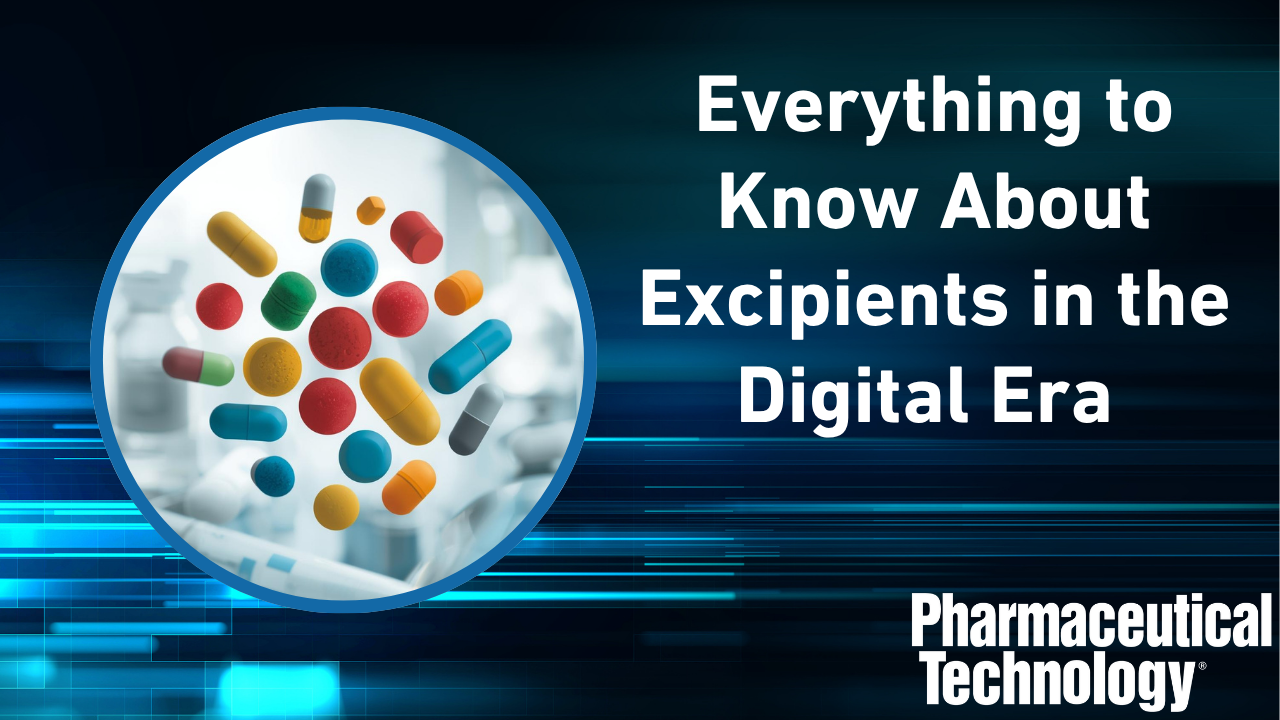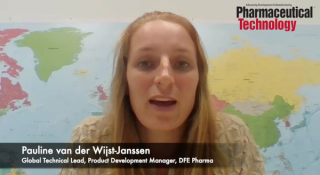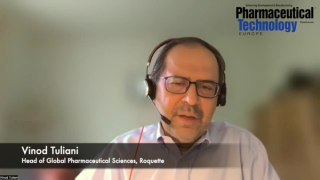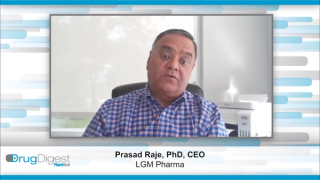
APIs and Excipients
Latest News
Latest Videos

More News

This site was previously the beneficiary of a €7.3 million (US$7.6 million) investment, made in 2022, earmarked for the production of HPAPIs to treat cancer.
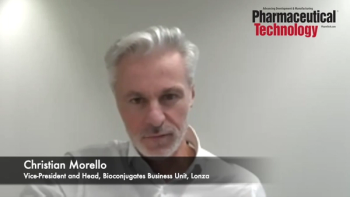
Christian Morello, vice president and head of the Bioconjugates Business Unit at Lonza, looks at what is involved in developing modern ADCs.

Increasing API and formulation complexity and new delivery strategies are driving innovations in taste-masking.

Process consistency and robustness, analytical excellence, and regulatory compliance are essential in the scale-up of biosimilars.
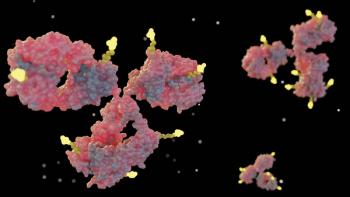
CDMOs who have integrated technologies can help further the advancement of ADC development.

Posdinemab is the second tau-directed investigational therapy by J&J that has received fast track designation from FDA this year for Alzheimer’s disease.

Using splicing technology, the new company aims to innovate safer and more effective RNA therapies for severe genetic diseases.

Under the agreement, the companies will advance development of IBI3009, Innovent’s ADC candidate, which has received IND approvals in the US, China, and Australia.

Results from a Phase IIb study missed the primary endpoint by failing to achieve statistical significance.

CHMP has granted Eisai Europe and Biogen a positive opinion for the use of their monoclonal antibody therapy in treating early Alzheimer’s disease.

The new Institute for Cell Therapy Discovery and Innovation will utilize expertise to develop cell therapies for cancer, autoimmune diseases, and infections.

In the collaboration, the new company, Oblenio Bio, has been granted an exclusive option to license LBL-051, a tri-specific T-cell engager antibody, from Leads Biolabs.

Automation, miniaturization, and new software algorithms are improving throughput and accuracy.

The collaboration aims to advance clinical development of a Phase I drug candidate, MRT-6160, and to explore other therapeutic opportunities across multiple indications.

Merck will deploy Mestag’s proprietary RAFT platform to investigate the pathogenic role that fibroblasts play in inflammatory diseases.
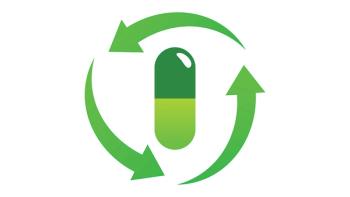
Sustainability of small-molecule API manufacturing ensures continued success.

The company will be introducing its new low-substituted hydroxypropyl cellulose and its improved polyplasdone LN superdisintegrant at the October 2024 events.

The critical APIs that this funding will contribute to are used in the treatment of asthma, diabetes, and anxiety disorders.

Greater collaboration and understanding are needed to ensure the correct grade of excipient is used in drug products.

In this paper, the authors introduce a method that combines ion exchange chromatography with an easier-to-perform, simpler one-step post-column derivatization that is selective to nitrite and visible spectrophotometric detection to allow high sample loading volumes without affecting resolution.

Qualifying material suppliers is a crucial step in ensuring safe and effective drug products.

Merck, known as MSD outside of the United States and Canada, will gain CN201, a next-generation bispecific antibody, from Curon Biopharmaceutical in a deal potentially worth up to $1.3 billion.

Genentech will have access to Sangamo’s capsid delivery platform and epigenetic regulation capabilities to develop genomic medicines for certain neurodegenerative diseases.

Biopharmaceutical production faces the challenge of ensuring the quality of raw materials due to a lack of specific guidelines. By implementing effective risk assessment strategies and working with reliable, selected solution providers, biopharmaceutical manufacturers can minimize these challenges and improve product quality.

A holistic approach to automation can provide benefits at all stages of development and manufacturing.

